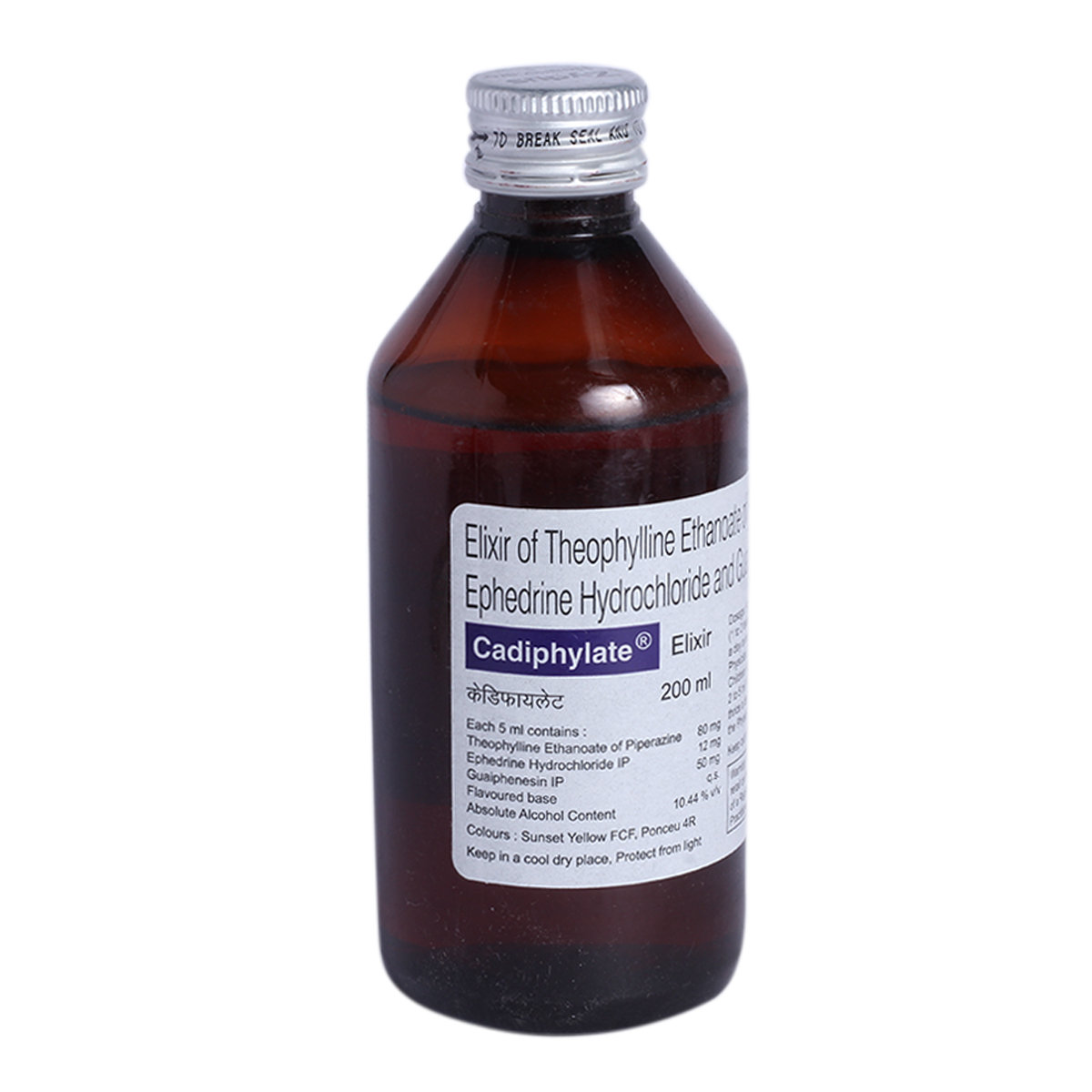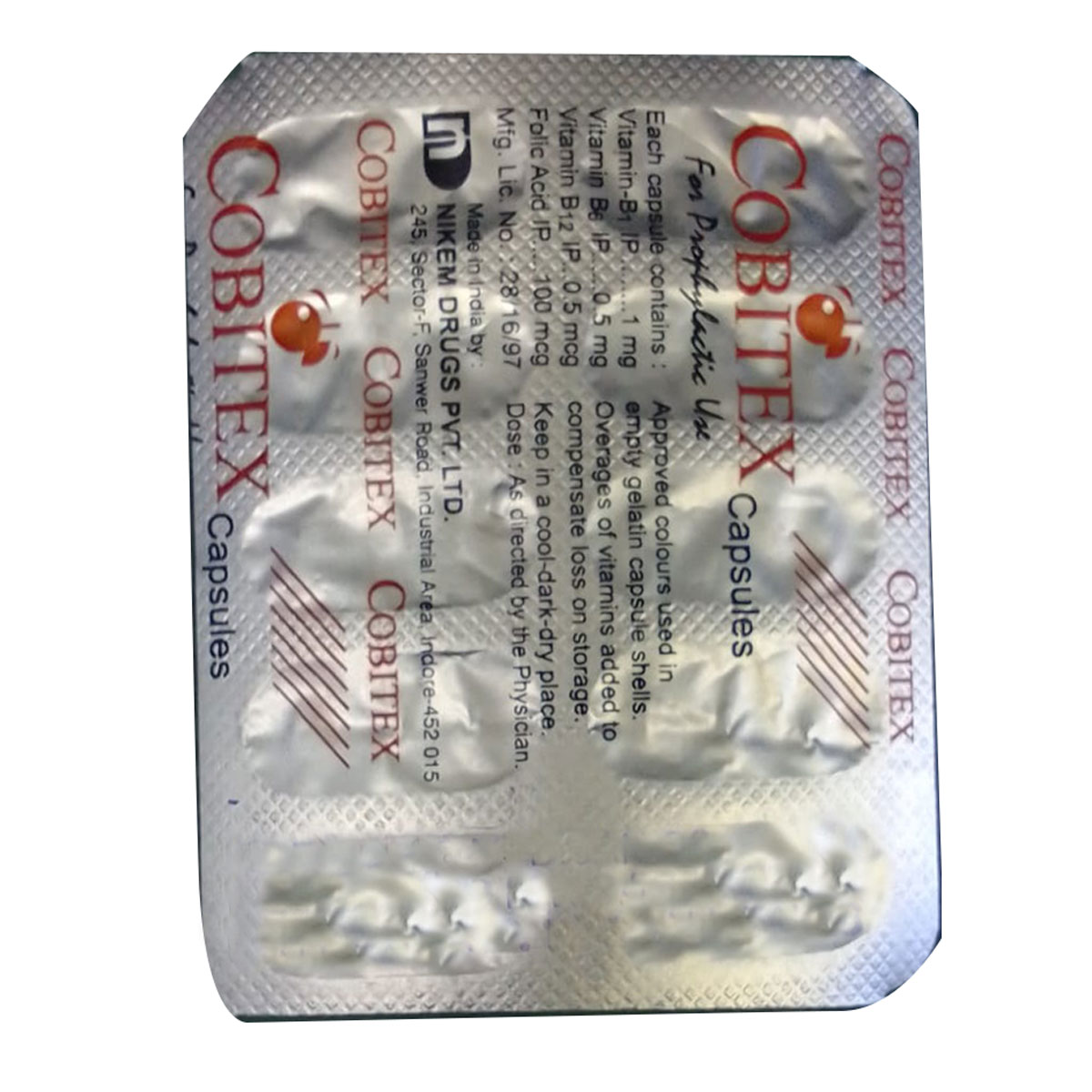Ephedrine
About Ephedrine
Ephedrine belongs to a class of medications called 'antihypotensives' primarily used for low blood pressure emergencies during spinal or epidural anesthesia. Hypotension is a condition in which the blood flows through the blood vessels at lower than normal pressures. Low blood pressure symptoms include tiredness, dizziness, light-headedness, loss of consciousness, nausea, depression, blurry vision, or clammy (wet or sweaty) skin.
Ephedrine contains 'Ephedrine', which works by reducing the constricting and swelling of blood vessels by widening the lung airways and allowing more oxygen to reach the lungs so that a person can breathe easily.
Ephedrine will be administered by a healthcare professional; do not self-administer. In some cases, you may experience headaches, anxiety, dizziness, nausea, anxiety, tremors, restlessness, and stomach irritation. Most of these side effects of Ephedrine do not require medical attention and gradually resolve over time. However, if the side effects persist, please consult your doctor.
If you are allergic to Ephedrine or any other medicines, please tell your doctor. Please consult a doctor if you are pregnant or breastfeeding before taking Ephedrine. Ephedrine is not approved to use in patients who are not diagnosed with asthma, have ever been hospitalized for asthma, taking monoamine oxidase (MAO) inhibitor like Phenelzine in the last 14 days. Ephedrine should be used with caution in elderly people as these personas are at high risk of getting side effects of Ephedrine.
Uses of Ephedrine
Medicinal Benefits
Ephedrine is used for a short time to relieve chest tightness, wheezing and shortness of breath in patients with bronchial asthma. This medicine is a decongestant (provides relief in the blocked nose) and bronchodilator (opens up the airways). During asthma, airways become inflamed and swollen, so Ephedrine reduces the swelling and relaxes the muscles so that air can pass easily, allowing a person to breathe normally.
Directions for Use
Storage
Side Effects of Ephedrine
- Headache
- Anxiety
- Tremor
- Vomiting
- High blood pressure
- Difficulty in breathing
Drug Warnings
Tell your doctor about all the prescription or nonprescription medicines or medical conditions like glaucoma, diabetes, high blood pressure, strokes, thyroid, or severe asthma. If it is essential to administer Ephedrine at the same time as a plasma or blood transfusion, plasma or blood may be administered in a separate drip. Ephedrine is not recommended for patients suffering from low blood pressure caused by hypovolaemia (low blood volume).
Drug Interactions
Drug-Drug Interactions: Ephedrine may interact with antidepressants (imipramine, duloxetine, venlafaxine, phenelzine, moclobemide), antibiotic (linezolid), oxytocic medicines (eg, oxytocin) or ergot alkaloids (eg, dihydroergotamine)
Drug-Food Interactions: Ephedrine may interact with caffeine. Therefore, avoid or limit caffeine intakes such as tea, cola, chocolate, coffee and some herbal supplements while taking Ephedrine as it may increase the adverse effects of Ephedrine.
Drug-Disease Interactions: If you have irregular heartbeats, hyperthyroidism (overactive thyroid gland), diabetes, angina pectoris (chest pain) or any vascular blockage in limbs or stomach, any heart problems or if you recently had a heart attack, inform your doctor before taking Ephedrine.
Drug-Drug Interactions Checker List:
Safety Advice

Alcohol
cautionThe interaction of Ephedrine with alcohol is unknown. Please consult a doctor before consuming alcohol while using Ephedrine.

Pregnancy
cautionEphedrine is a category C pregnancy drug and is given to pregnant women only if the doctor thinks the benefits outweigh the risks. Please consult a doctor if you are pregnant.

Breast Feeding
cautionEphedrine is given to breastfeeding women only if the doctor thinks benefits are greater than risks. Please consult a doctor if you are breastfeeding.

Driving
cautionDrive only if you are alert after taking Ephedrine. However, Ephedrine is generally given for hospitalised patients.

Liver
cautionEphedrine should be given with caution, especially if you have a history of Liver diseases/conditions. The dose may be adjusted by your doctor as required.

Kidney
cautionEphedrine should be given with caution, especially if you have a history of Kidney diseases/conditions. The dose may be adjusted by your doctor as required.

Children
unsafeEphedrine is not recommended for children as the safety and effectiveness were not established.
Habit Forming
Diet & Lifestyle Advise
- Eat small meals more frequently.
- Drink plenty of fluids to stay hydrated as dehydration may reduce blood volume resulting in low blood pressure.
- Include vitamin B12 rich foods such as animal meats, eggs, fortified cereals, and nutritional yeast.
- Eat foods rich in folates such as beans, asparagus, lentils, leafy greens, citrus fruits, liver, and eggs.
- Try to eat smoked fish, canned soup, pickled items, cottage cheese, and olives as salty foods can also increase blood pressure.
- Take frequent breaks if you exercise outdoors in extreme heat.
- Avoid spending a long time in hot tubs, steam rooms, and saunas to prevent dehydration.
Special Advise
Regular monitoring of heart rate and blood pressure are recommended while taking Ephedrine.
Patients Concern
Disease/Condition Glossary
Blood pressure is the measurement of the heart's force to pump blood to all parts of the body. Hypotension is a condition in which the blood flows through the blood vessels at lower than normal pressures. Low blood pressure symptoms include dizziness, tiredness, lightheadedness, loss of consciousness, nausea, depression, blurry vision, or clammy (wet or sweaty) skin. Blood pressure can be measured with the help of a blood pressure monitor or sphygmomanometer. Systolic pressure is the pressure when the heart pumps blood out. On the other hand, diastolic pressure is the pressure when your heart is at the resting stage between heartbeats. If your blood pressure is 90/60 mm of Hg, it means the systolic pressure is 90 mm of Hg and diastolic pressure is 60 mm of Hg. Normal blood pressure lies in between 90/60 mm of Hg and 120/80 mm of Hg. If the blood pressure is 90/60 mmHg or lower, it is considered low blood pressure.
FAQs
Tell your doctor about all the prescription or nonprescription medicines, or if medical conditoons like glaucoma, diabetes, high blood pressure, strokes, thyroid or severe asthma.
Ephedrine contains 'Ephedrine' that works by reducing the constricting and swelling of blood vessels by widening the lung airways and allow more oxygen reach to the lungs so that a person can breathe easily.
Ephedrine should be used with caution in patients suffering from heart rhythm disorders as it may increase the risk of severe adverse effects. Therefore, inform your doctor if you have any heart problems before taking Ephedrine so that the dose may be adjusted appropriately or an alternate medicine may be prescribed.
You are recommended not to take Ephedrine if you have diabetes as it may increase blood sugar levels. Therefore, it is advised to inform your doctor if you have diabetes before taking Ephedrine.
Ephedrine may cause a headache as a temporary side effect. However, if the condition persists or worsens, please consult a doctor.






